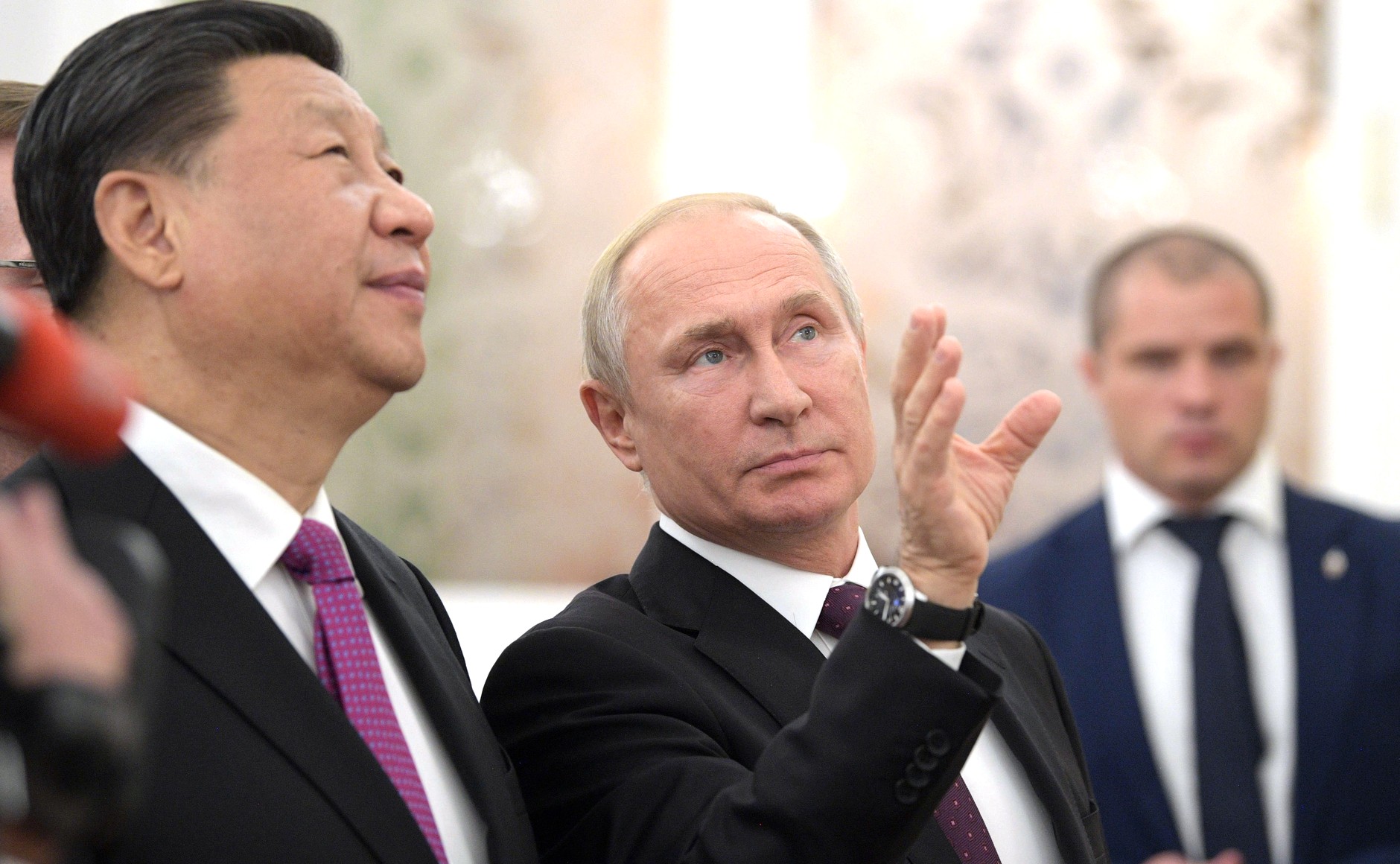Because that between China and Russia is not true love. Sisci’s analysis

What is really happening between China and Russia? Conversation with Francesco Sisci, correspondent for years for various Italian newspapers from Beijing and now senior researcher at the China People's University
Never trust appearances. Contrary to what was seen in recent days in Moscow, i.e. the spectacular embrace between Putin and Xi Jinping, China is gradually distancing itself from Russia, a partner obsessed with a conflict it cannot get out of.
This is how Francesco Sisci, correspondent for years for various Italian newspapers from Beijing and now senior researcher at the China People's University sees, in this conversation with Start Magazine, today's bilateral relationship between Russia and China, with the latter actually it is already moving in what is now the near future post-war period.
Professor Sisci, under your eyes there is an agency launch fresh off the press: Xi Jinping invited the leaders of Kazakhstan, Kyrgyzstan, Uzbekistan and Tajikistan in May for the first China-Central Asia summit. What happen? Is Beijing playing in Moscow's backyard?
China doesn't want to be caught out in the eventual collapse of Russia as it was caught out by the collapse of the Soviet Union, so it is somehow preparing for that eventuality, as a kind of insurance. And this is also a warning to Russia with which China tells it "the more time passes in which you are involved in the war in Ukraine and the easier it is that, if you do not lose in the West, you will lose areas of influence in the East".
So beyond what we saw in the spotlight during Xi's visit to Moscow, between signing agreements and renewing the strategic partnership, you are telling us something else, namely that Beijing is very concerned by Russia's actions.
We are in a very delicate situation and this is demonstrated by the timing. Why did Xi Jinping go to Moscow right now and not six months ago or nine months ago? Evidently with this peace plan proposed by China but also accepted by Russia, China is trying to get out of an embrace of the Russian war, and Russia is trying to find a way out of the war without humiliation. That is, it seems to me that both acknowledge that the Russian defeat is factual. Moreover, China wants to show its people and the world that the relationship with Russia is not a friendship without limits, by distancing itself. As also indicated by the May summit with the countries of Central Asia that we mentioned earlier, the post-war period has in fact begun.
Many observers have highlighted how by now Russia has effectively become a Chinese colony and this is demonstrated by Moscow's growing economic dependence on Beijing. Do you see it the same way?
No, I think it's a simplification. Russia is certainly more dependent on China today than it was a year ago. But I don't think that in the long term Russia can accept to depend so conspicuously on China. Nor do I think China wants to take on this burden, the problem is bilateral. We see that China is distancing itself from Russia and at the same time the latter is not taking two steps towards the former. I believe that Russia is looking around and is also looking for other interlocutors beyond China. What we see is a situation of great movement, in which Russia is feeling the pinch and trying to get out of the corner it has slipped into. The problem is Russia's great weakness.
Yet the interests of Russia and China converge at least from one point of view: that of redefining the world order. It is no coincidence that the two countries are referred to in American documents as "revisionist powers".
In my opinion, even in this case we must avoid forcing because they obscure rather than clarify. If we really want to use this American definition of revisionist powers, that's fine: Russia and China are, but they are in a different way. Before the war Russia had a problem of imperial, neo-tsarist influence, while China has a different problem and we can see it from two indicators, food and energy. In its neo-Tsarist expansion, Russia can assert its autonomy in both fields. China is in a very different situation because it imports hundreds of millions of tons of grain, food and soybeans and imports the majority of its oil and gas from outside, and above all it exports its huge trade surplus to the United States, Europe, England and Japan. Therefore this revisionism necessarily manifests itself in different ways and this is also demonstrated by the fact that in over a year these two powers have not managed to define a new agreement that unites them, indeed we have seen that a distance has been created. So I would underline the differences between the two countries.
However, one cannot help but notice a very concrete convergence that manifests itself in the agreement between Moscow and Beijing to use the yuan as an exchange currency for reciprocal transactions, especially in the energy field. Works?
We have to see if it will work. Recourse to the yuan certainly solves some problems for both countries, but not all. The yuan certainly serves as a bilateral trading currency. But if the yuan is not adopted, and will not be adopted, by the countries that have a Chinese trade surplus, Beijing could face difficulties. It is certainly an interesting step but I don't think it can be defined as a solution and that Russia and China think that the digital yuan can replace the ruble or the dollar as hard currencies. Incidentally we see a movement in the opposite direction from Russia, which is an attempt to peg the ruble to gold.
This is a machine translation from Italian language of a post published on Start Magazine at the URL https://www.startmag.it/mondo/cina-russia-sisci/ on Fri, 24 Mar 2023 08:14:52 +0000.
